Not a Conflict; Israel & the Palestine Genocide Explained
Disclaimer: the following article is written based on the views of the writers and does not reflect the views of the organisation. In…
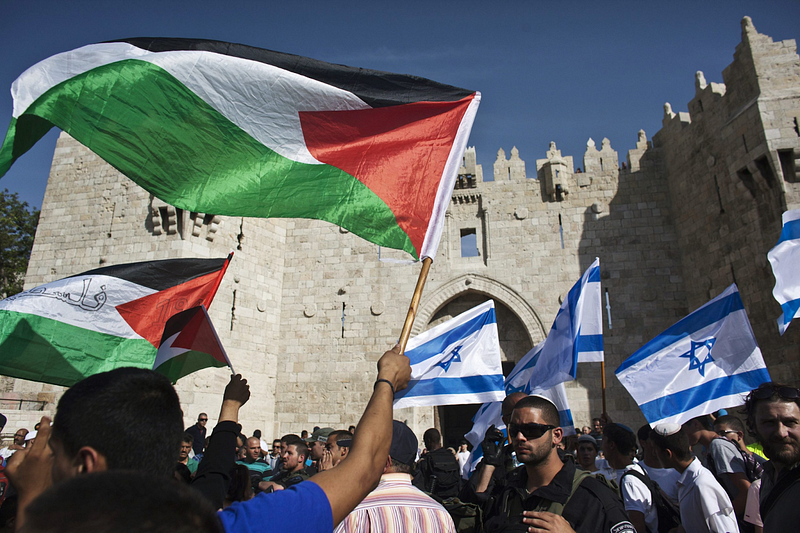
Disclaimer: the following article is written based on the views of the writers and does not reflect the views of the organisation. In addition, while the writers urge that you support Palestine, please do not resort to anti-Semitism as a form of showing solidarity.
The ongoing violence between Israel and Palestine is mostly stated as a ‘conflict’, be it on social media or on many international news channels. This is the result of a lengthy history of tension and struggle dating back to World War I. While it is easy to chalk it up to two religions fighting for land, the issue is far more complicated. Hence, it is important to go in depth of the history to look back and understand today’s situation of Israel and Palestine.
History of Palestine
Palestine has been ruled by many groups over the years, including the Ottoman Empire who ruled much of the region for 400 years until 1917. When the Ottoman Empire lost during World War I, the Treaty of Versailles gave Britain temporary administration over the land of Palestine. After World War II, the horrors faced by the Jewish and growing international support for the Zionist movement led to the British officially declaring the nation of Israel. The Balfour Declaration, a letter written by British foreign secretary Arthur Balfour where he expressed the British government’s support for a Jewish homeland in Palestine, contributed to this and has had lasting effects to this day.
In 1946, 6 percent of the land of Palestine was occupied by Jewish settlers, and by 1947, almost a third of the population of Palestine was Jewish. Tensions between Jewish and Arabs worsened after World War II and as a result, the United Nations agreed in November 1947 to divide Palestine into separate Jewish and Arab governments, with Jerusalem designated as an international city. The Jewish state would receive 53% of the territory, while a Palestinian-majority state would receive only 47%. The plan was accepted by the Jewish leaders, but rejected by the Arab side who have fought against the British and Jewish interests. The Arabs argued that since they were the majority race, they should be allocated more land. This led to the formation of volunteer armies by Arab groups in Palestine.
A Fiasco; The Creation of Israel
In 1948, the British withdrew from Palestine, and Israel seized the opportunity to declare themselves an independent state. Hundreds of thousands of Palestinians were evicted from their homes at this time. Neighbouring Arab armies moved in to prevent the establishment of Israel. War broke out between Israel and 5 Arab nations — Jordan, Egypt, Syria, Lebanon, and Iraq. Even though there was a ceasefire the following year, Israel still controlled two thirds of the territory while Jordan took control of the West Bank and Egypt the Gaza Strip.
In 1967, the Six Day War started. By the time the war ended, Israel had taken control of the Gaza Strip and the West Bank as well. Regardless of how many times UN resolutions have called upon Israel to end the military occupation of the West Bank and Gaza, they have fallen on empty ears. In addition, successive Israeli governments have pushed for the settlement of Palestinian land, a practice condemned as illegal under international law and also obstructing a proper peace, Israel denies this. Over the past 50 years, Israel has been building their communities in these areas while forcing Palestinians out of their homes.
Furthermore, there never was, and still isn’t, a peace agreement, with each side playing the blame game. There is war, fighting and bloodshed happening till this day.
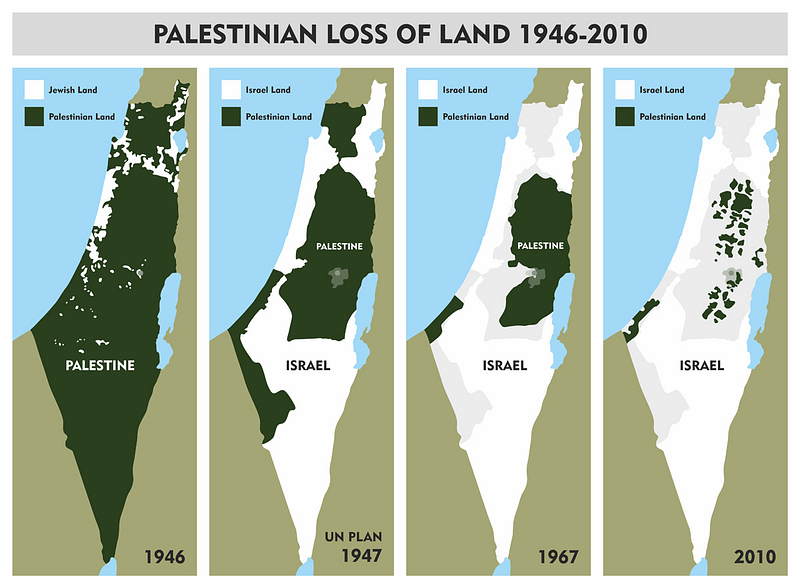
Escalation in Violence
Hostility has been constantly occurring between Israel and Palestine. The Gaza strip is run by Hamas, a Palestinian militant group that previously fought against Israel. Israel and Egypt maintain strict control over Gaza’s borders in order to prevent weaponry from reaching Hamas, as they deem it to be a terrorist organization. Since the 1990s, Palestinians have been forced to obtain military issued permits to travel between the West Bank to the Gaza Strip, East Jerusalem or abroad. Permanent roadblocks, gates and checkpoints further restrict movement. Modern day Palestine has turned into an open air prison.
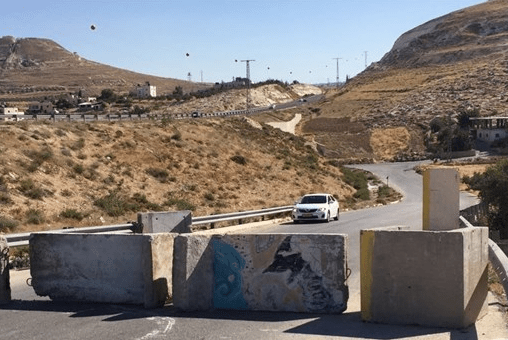
In 2015, an 18 month old Palestinian baby was burned to death by people suspected to be Jewish extremists. As horrific as the burning was, it isn’t an isolated case. Palestinians are being abused physically or psychologically, some to death.
“I put all my children to bed together, so when we die we die together. So, the other doesn’t have to wake up and mourn for the death of another.” — a mother in Gaza
In April 2021, Palestinians were forcibly evicted from their homes in Sheikh Jarrah, an East Jerusalem neighborhood that is home to 3000 Palestinians. Israel annexed East Jerusalem after the Six Day War, though many countries don’t recognise the annexation. Protests erupted and Israel attacked the religiously significant Al-Aqsa Mosque to put down any uprisings from the Palestinians. The attacks on the Al-Aqsa Mosque began on May 7, followed by military bombings on the Gaza Strip beginning on May 10. Up until the ceasefire on May 21, airstrikes on the Gaza strip killed at least 212 Palestinians, including 61 children.

The neighbourhood of Silwan, located in occupied East Jerusalem, is currently being demolished by Israeli settlers and turned into a religious theme park. Nearly 130 Palestinian families and 1500+ people living in more than 100 buildings in the al-Bustan area of Silwan are under great threat. A campaign of arbitrary arrests in the occupied West Bank and Jerusalem regions resulted in over 1,100 arrests, including 180 youths and 42 women and girls. With 677 arrests, Jerusalem had the largest number of arrests. Although a ceasefire was called for in May, Gaza was targeted for the third time by the Israeli air raids since the ceasefire. There have also been multiple flare-ups since the ceasefire, including a series of arson balloon launches on Israeli settlements. Israel holds Hamas accountable for the balloon attacks even though there was no immediate indication. Israel then responded with air strikes on a Hamas owned weapons manufacturing site.
While the actions being committed against the Palestinians are horrifying to people around the world, Israel asserts that they have the right to defend themselves against Hamas. True, Israel has a right to defend themselves; yet, there are countable oppressive policies Israel has implemented which have nothing to do with Hamas. To name a few, Israel has complete control over the Palestinian water system, allowing them to bomb the infrastructure and prevent repairs and upkeep. Additionally, Israel restricts Gazan students from pursuing higher education.
“The way to deal with Palestinians is to beat them up, not once but repeatedly, beat them up so it hurts so badly, until it’s unbearable”. — Benjamin Netanyahu, former Prime Minister of Israel
In June 2021, Israel’s longest serving Prime Minister, Benjamin Netanyahu, was ousted after Israel’s parliament voted to form a new government. The new Israeli government is made up of diverse political parties. While Netanyahu’s government was far right, the new government has more progressive parties and even an Arab party that seeks to better the lives of Arabs in Israel. Although the new Prime Minister, Naftali Bennett, has called for the celebration of diversity, he has in the past called Gazan children breaching the barrier ‘terrorists’ and Palestine ‘a terrorist state’. Whether or not Israel will cease the attacks on Palestine is still a question.
“They are not children — they are terrorists. We are fooling ourselves.” — Naftali Bennett, current Prime Minister of Israel
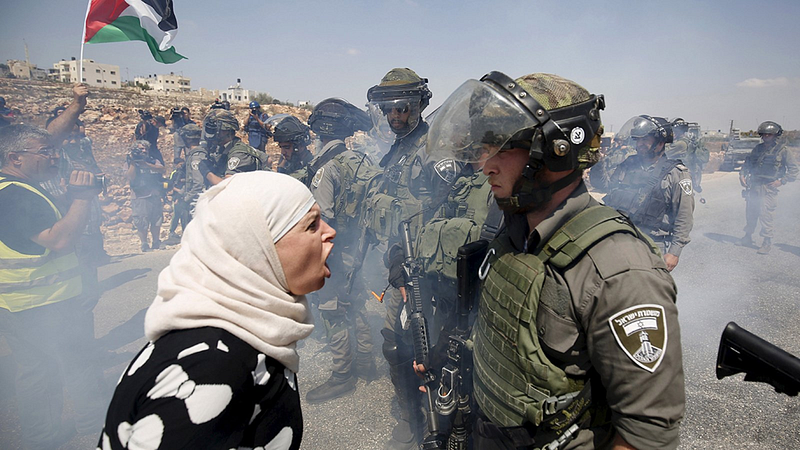
The US, Malaysia and Muslim Countries’ Involvement
Despite the allegations of ethnic cleansing and grievous human rights violations, the United States of America has been and still is actively involved with Israel, and their intimate relationship is impeding the search for peace and a long-term solution to the conflict.
The US has been giving billions of dollars in aid to Israel, and this is not new. The money has been used to help solidify Israel’s military, making it one of the most advanced militaries in the world. Purchases include combat aircrafts and investment into Israel’s missile defence system — the Iron Dome.

Malaysia, on the other hand, has been pro-actively involved by showing support to Palestine. Malaysia does not recognise Israel as a country and has refused entrance of Israeli passport holders. Malaysia has also contributed US$10,000 to the Al-Aqsa Mosque in 2020. Even during the COVID-19 pandemic, Malaysia provided one million face masks, 500 face shields and 500,000 rubber gloves to Palestinians.
“Nevertheless, Malaysia will continue to work to call on the international community, especially the UN Security Council, to act immediately to force Israel to stop its attacks on the Palestinian people” — Prime Minister Tan Sri Muhyiddin Yasin
Though Malaysia has shown utmost support to Palestine, some suspect that it is a form of political play. On one hand, Malaysia condemns the abuse faced by Palestinians who are mostly Muslims, and on the other deem Rohingya Muslim refugees in Malaysia as illegal immigrants and deny them certain rights.
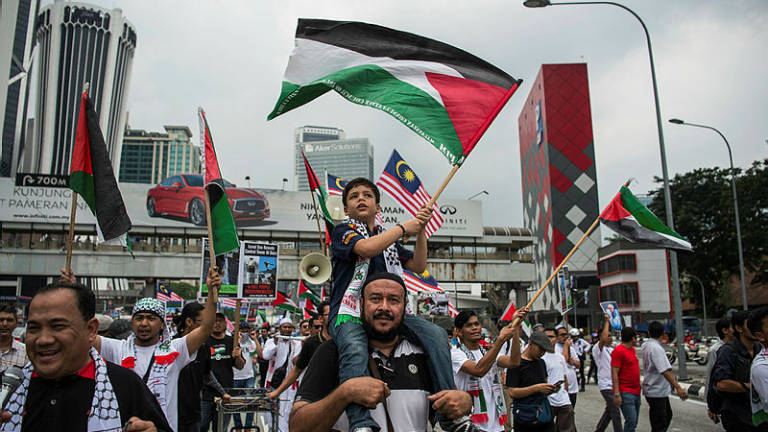
Muslim countries like Algeria and Jordan have given Palestine a lot of diplomatic support. Qatar has provided financial aid, as their military isn’t strong enough, and their industries aren’t established enough to provide direct support.
The United Arab Emirates, on the other hand, decided to normalize relations with Israel. Not long after, Bahrain announced that they will follow suit. If anything, the UAE’s overture will enable Israel to solidify its position. When even the Arab states are silent in their condemnation of the Israeli-Palestinian crisis, what would underdeveloped and developing countries do? Expectations of help for Palestine would be a lost cause if even its Arab Muslim neighbours are unwilling to do so.
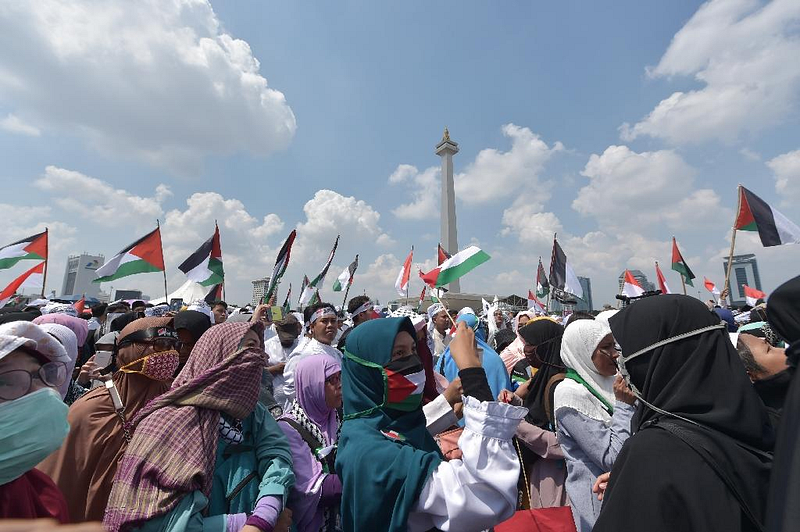
Are All Israelis Bad?
It’s easy to blame everything on Israel and to believe that the people of Israel are heartless beings, but it is important to understand where the Israelis are coming from. Most of the citizens of Israel are descendants of survivors of World War I and II, of which many of them were Jewish people fleeing from Europe when anti-Semitism was growing. They were forced out of their homes and have lost most of their families to the Holocaust. This is why Zionism was formed, so that the Jewish people could have a Jewish country, one they could call home where they would not be persecuted for their religion.
The current generation of Israelis has grown up with stories of the horrors their parents or grandparents faced. Zionism is deeply rooted in their education system. They have been brought up to believe that the Zionist movement is right and there is no wrong in how they are achieving a Jewish homeland. However, there have been many Israelis who have come to realise that Israel’s actions against Palestine is a grave violation of human rights and have since educated themselves. So no, not all Israelis are bad even if they believe Palestine is a threat to be annihilated, because that is a result of years of indoctrination and brainwashing, but it must be undone.
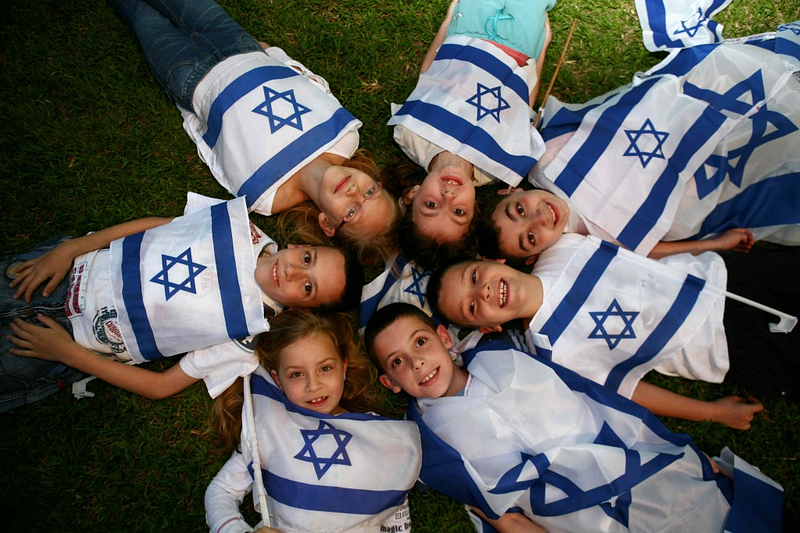
Ways you can help Palestine:
Although a ceasefire has been called, the violence is far from over. Palestinian children are being arrested by Israeli authorities. Mobs of Israel extremists have attacked and hurt many Palestinians. Here’s a few ways you can help the people of Palestine.
Show your support: post about what is happening in Palestine online, and spread awareness about the issue. Palestinians have said that awareness is a major help right now.
Donate: Palestinians have lost their homes and many were hurt from the attacks. The path to a hospital in Palestine has been blocked off by an air strike, and the main COVID-19 testing centre has been destroyed. Providing financial aid may be the best way to help the Palestinians. Click on this link to find trusted organisations to donate to.
Closing Thoughts
A conflict is defined as a ‘state of open, often prolonged fighting; a battle or war’. While it might be right to call the Palestinian situation a prolonged war, it most definitely is not one being fought on equal grounds. Israel’s encouragement of settlement of Palestinian lands, as well as its flagrant violation of human rights, make it quite clear which party is suffering the brunt of the violence.
Although Zionism isn’t inherently wrong, it seems that the Israeli leaders of today have forgotten what sparked the desire for a Jewish state in the first place — the very same destruction, deportation, coercion, plunder, violence, and terror that they are committing against Palestine and its people.
[Written by Ramisa Nuzhat and Sarah Chong]

